
Eight Habits to Promote Back Health
Strengthen your core muscles. Strengthening your core abdominal muscles aids in supporting your lower back, and reducing the strain on your back muscles. Pilates for example was developed to aid in recovery and focuses on strengthening your core.
Keep moving. Staying active keeps your muscles stronger and helps maintain a healthy spine. Stretching also helps to keep your joints mobile, and activity will help you maintain a healthy weight.
Improve your posture. When you slouch, you’re straining the muscles in your back. When your posture is correct, your muscles share the load and you’re less likely to strain them.
Don’t slump at your desk. Again, good posture reduces muscle strain and pressure on your back. Choose a good quality chair with back support, don’t put your screen too far back, and sit with your knees slightly higher than your hips.
Keep yourself hydrated. Hydration is essential for mobility by maintaining tissue elasticity and joint fluidity. Decreased hydration can lead to loss of height in spinal discs, leading to the risk of herniated or bulging discs.
Think before you lift. It’s incredibly easy to strain your back by lifting too much all at once. If you can, make multiple trips or smaller loads. Rolling carts and bags are also a good idea.
Sleep. Sleep is the time when your body repairs itself, and it’s vital for your overall health. Investing in a supportive mattress and pillows will help you achieve better, more restorative sleep.
Change your shoes. Shoes with lower heels and better support will reduce strain on your back and encourage staying more active.
Sleep with a pillow under your knees, or between your knees. If you sleep on your back, this position puts pressure on your spine. Elevating your knees with a pillow can alleviate some of that pressure. If you’re a side sleeper, try sleeping with a pillow between your knees to reduce pressure on your lower back.

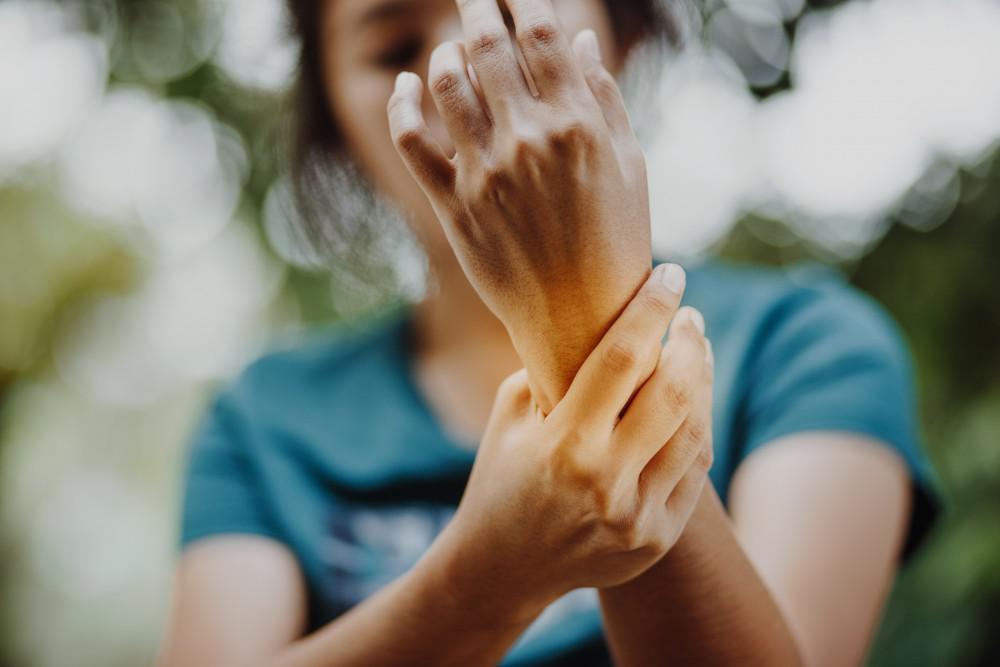
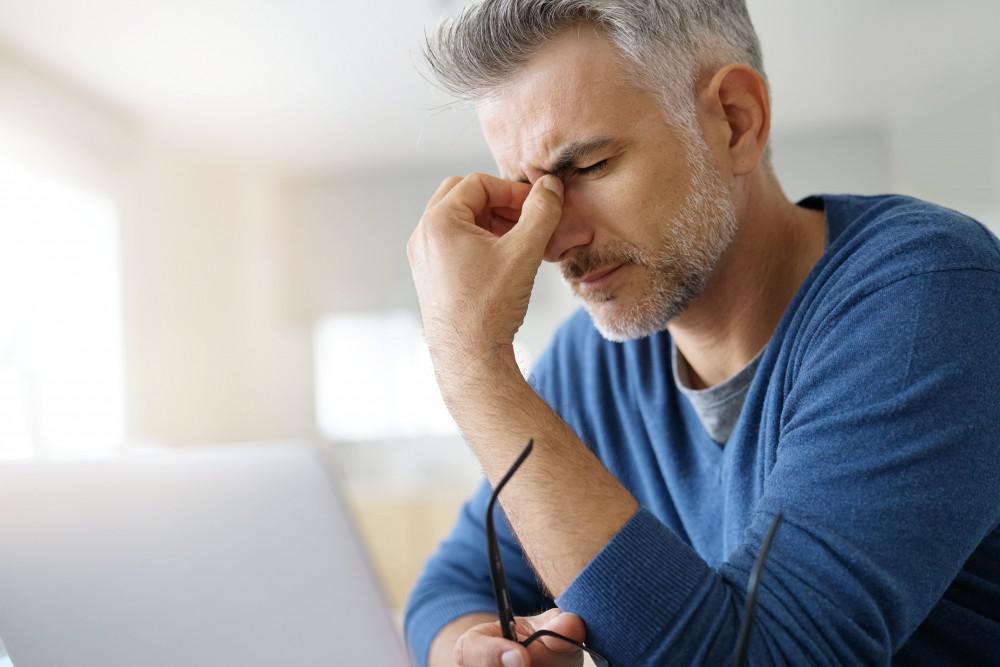
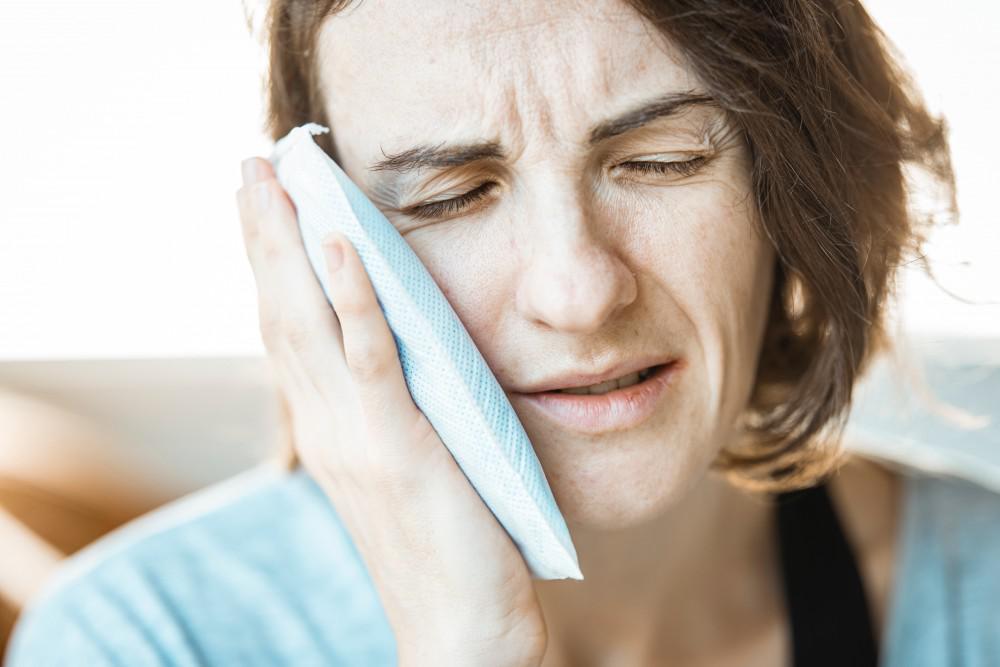
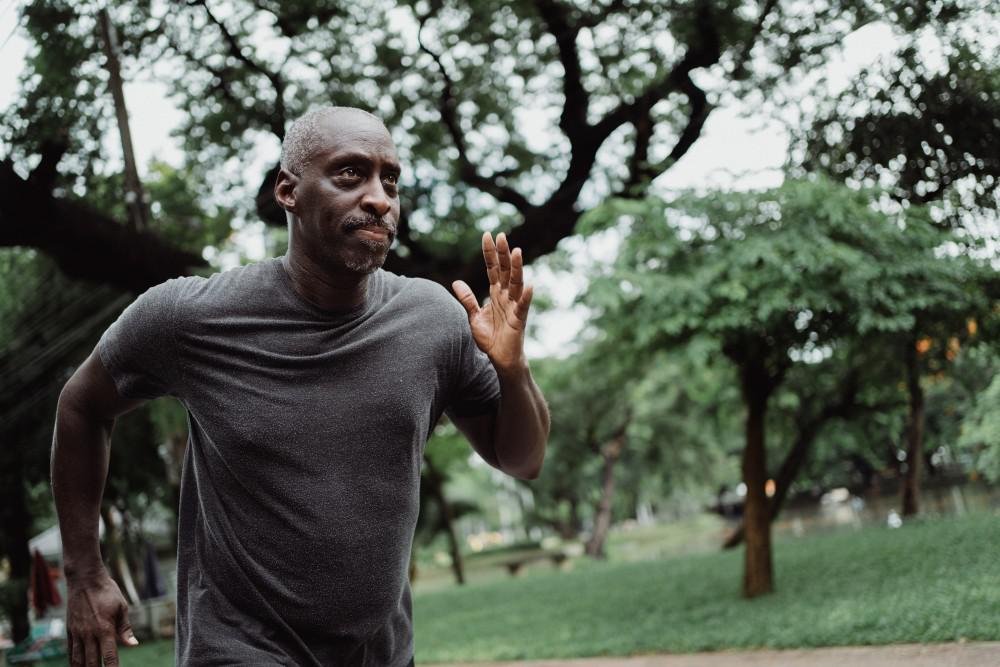


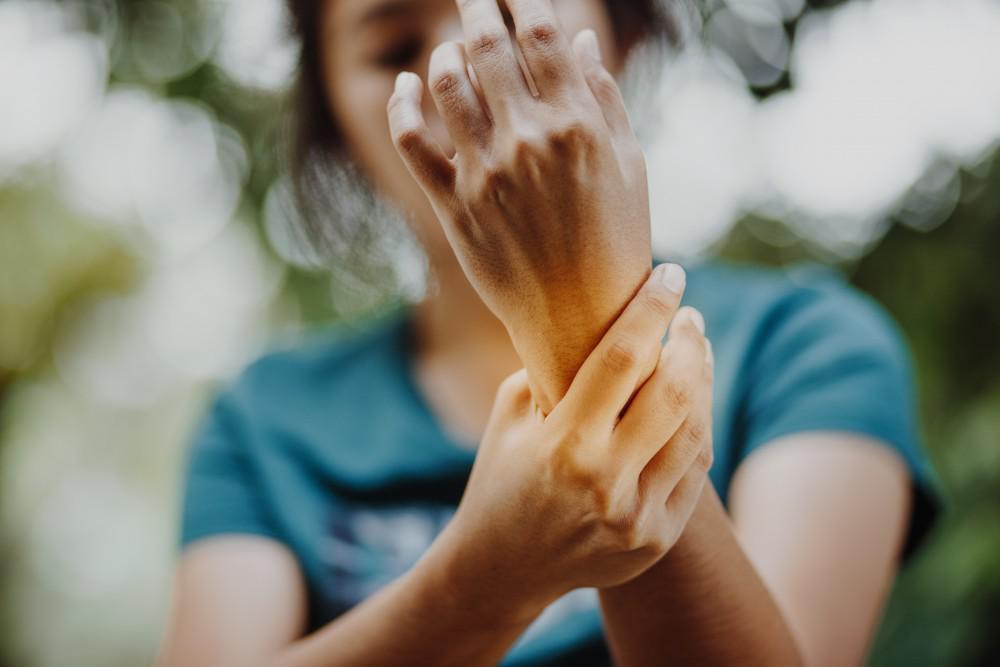
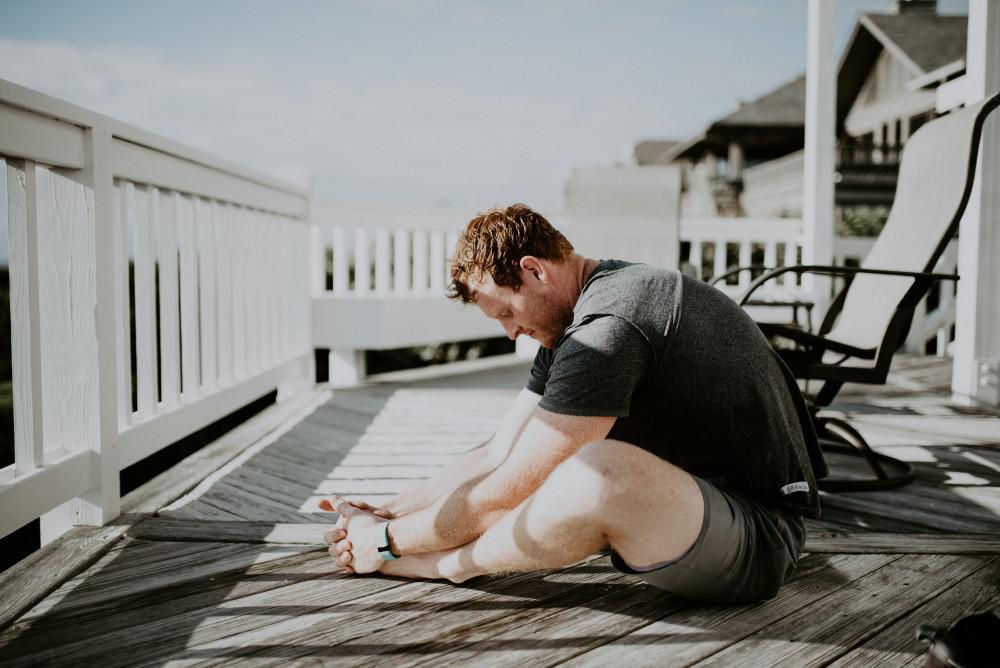
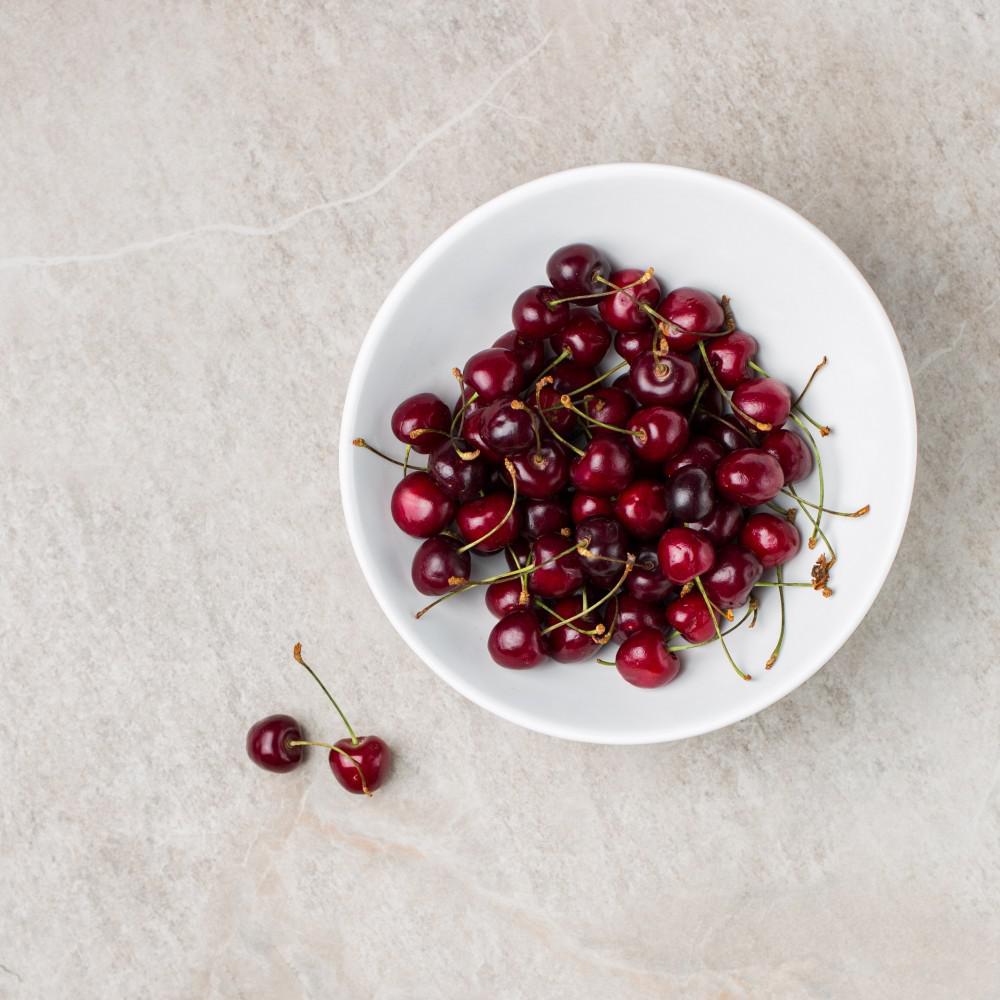
Related Posts